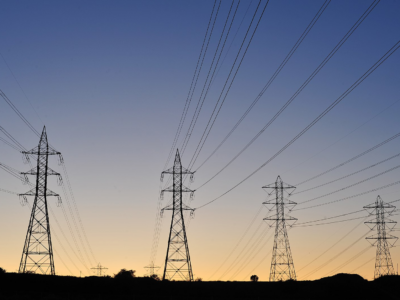U.S. Supreme Court Grants Review in Pacific Rivers Council Case
Today the U.S. Supreme Court granted certiorari in a major forestry and NEPA case from the Ninth Circuit Court of Appeals: U.S. Forest Service v. Pacific Rivers Council, No. 12-623. The case will be argued and decided in the Court’s next (2013-14) Term.
The issues the justices have agreed to consider in Pacific Rivers Council are threefold: 1) whether the environmental challengers to the 2004 Forest Service Plan directing USFS’s management of the 11 national forests in the Sierra Nevada range have legal standing to bring their lawsuit; 2) whether the environmental challenge is ripe for judicial review; and 3) whether the environmental impact statement prepared by the Forest Service in connection with its Plan Amendments is legally adequate under the National Environmental Policy Act (NEPA).
I previously wrote about the Pacific Rivers Council case when the Ninth Circuit ruled in favor of the environmentalists’ NEPA-based challenge in February 2012. In that Ninth Circuit decision, Judge William Fletcher ruled for a divided 2-1 panel that the environmentalists possessed Article III standing to sue; and that the Forest Service’s NEPA analysis was deficient in part. (The Ninth Circuit did not address the ripeness argument featured in the government’s successful petition for certiorari.) As discussed in my earlier post, I was particularly enamored of Judge Fletcher’s castigation of the Forest Service for what he called the agency’s “obfuscating bureaucratese” in the EIS that undermined its usefulness as a public informational document.
That said, I’m not at all optimistic that the Supreme Court will uphold the Ninth Circuit’s decision in Pacific Rivers Council, for at least four reasons. First, in a largely unbroken series of Article III standing decisions going back to Justice Scalia’s infamous 1992 decision in Lujan v. Defenders of Wildlife, the Court has repeatedly interpreted constitutional standing principles to bar environmental organizations from pursuing their legal grievances in federal court. Second, legal scholars and observers from across the political spectrum generally agree that the Court’s ripeness jurisdiction is hopelessly muddled and suspiciously result-oriented. Third, it’s by now well known that environmental organizations have never prevailed before the justices in a NEPA challenge brought against the government in the 43-year history of this landmark federal statute. Fourth and finally, this petition for certiorari emanates from the Ninth Circuit, whose environmental decisions rarely find favor–or affirmance–in the Supreme Court.
The Pacific Rivers Council case will be argued this fall, with a decision from the justices likely to be issued early in 2014.







Reader Comments